Michael Fell
Toward a Perspectivist Turn in Ground Truthing for Predictive Computing
Sep 09, 2021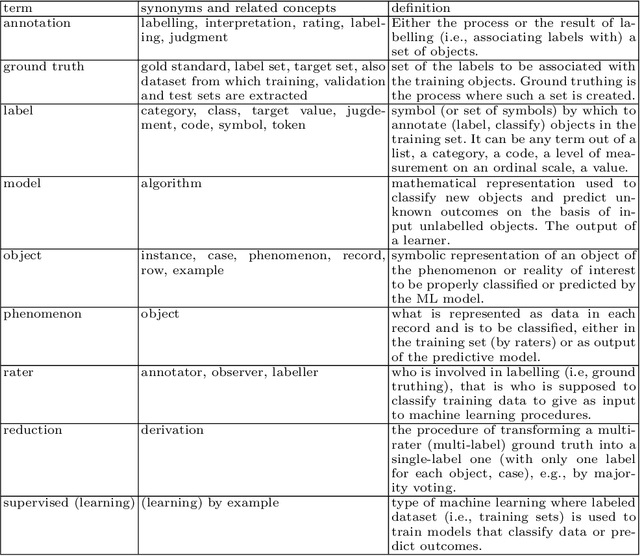
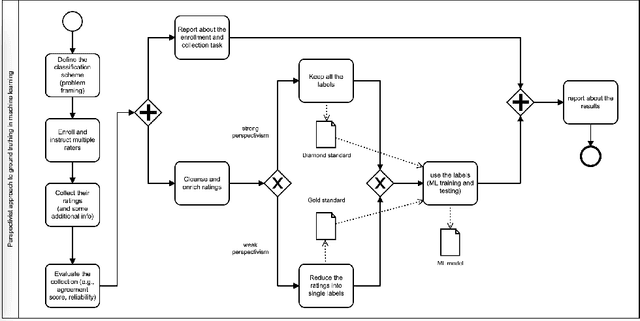
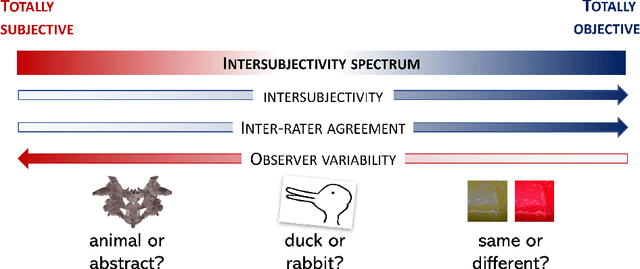
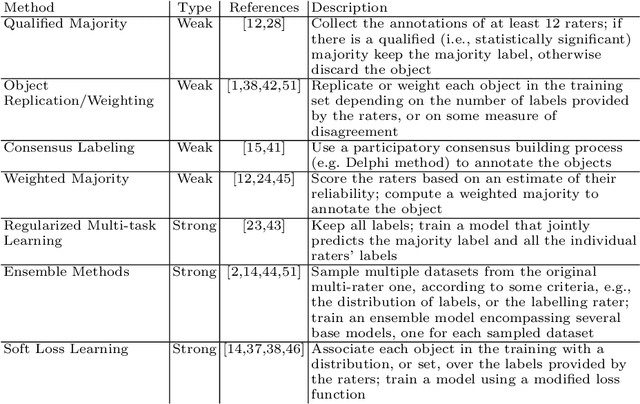
Abstract:Most Artificial Intelligence applications are based on supervised machine learning (ML), which ultimately grounds on manually annotated data. The annotation process is often performed in terms of a majority vote and this has been proved to be often problematic, as highlighted by recent studies on the evaluation of ML models. In this article we describe and advocate for a different paradigm, which we call data perspectivism, which moves away from traditional gold standard datasets, towards the adoption of methods that integrate the opinions and perspectives of the human subjects involved in the knowledge representation step of ML processes. Drawing on previous works which inspired our proposal we describe the potential of our proposal for not only the more subjective tasks (e.g. those related to human language) but also to tasks commonly understood as objective (e.g. medical decision making), and present the main advantages of adopting a perspectivist stance in ML, as well as possible disadvantages, and various ways in which such a stance can be implemented in practice. Finally, we share a set of recommendations and outline a research agenda to advance the perspectivist stance in ML.
Love Me, Love Me, Say that You Love Me: Enriching the WASABI Song Corpus with Lyrics Annotations
Dec 05, 2019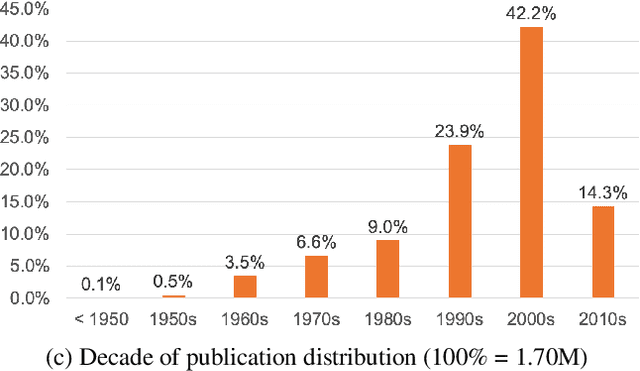
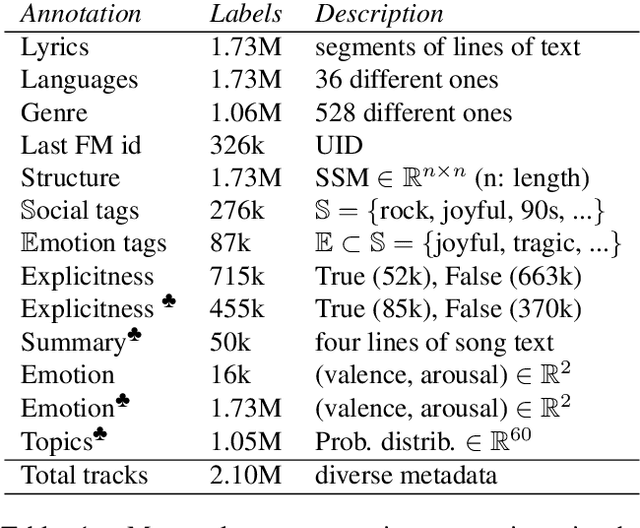
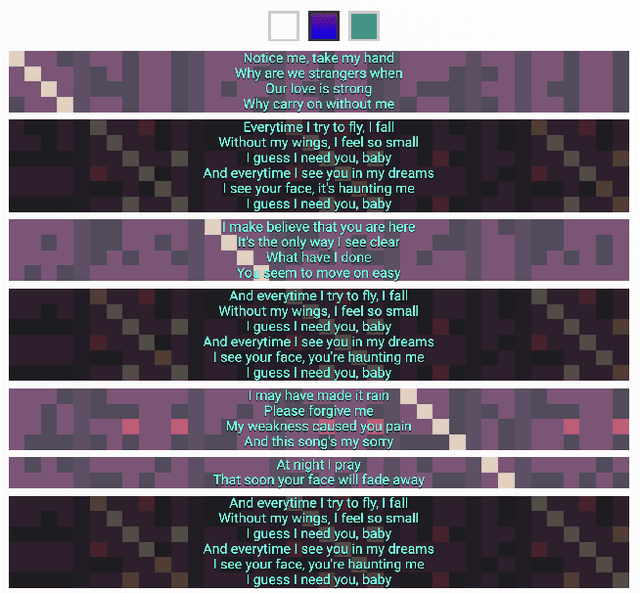
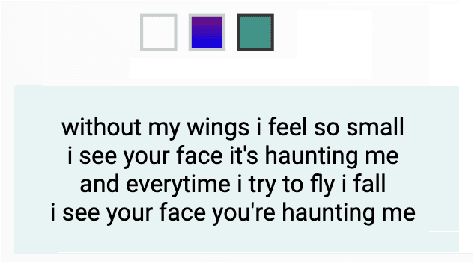
Abstract:We present the WASABI Song Corpus, a large corpus of songs enriched with metadata extracted from music databases on the Web, and resulting from the processing of song lyrics and from audio analysis. More specifically, given that lyrics encode an important part of the semantics of a song, we focus here on the description of the methods we proposed to extract relevant information from the lyrics, such as their structure segmentation, their topics, the explicitness of the lyrics content, the salient passages of a song and the emotions conveyed. The creation of the resource is still ongoing: so far, the corpus contains 1.73M songs with lyrics (1.41M unique lyrics) annotated at different levels with the output of the above mentioned methods. Such corpus labels and the provided methods can be exploited by music search engines and music professionals (e.g. journalists, radio presenters) to better handle large collections of lyrics, allowing an intelligent browsing, categorization and segmentation recommendation of songs.
 Add to Chrome
Add to Chrome Add to Firefox
Add to Firefox Add to Edge
Add to Edge